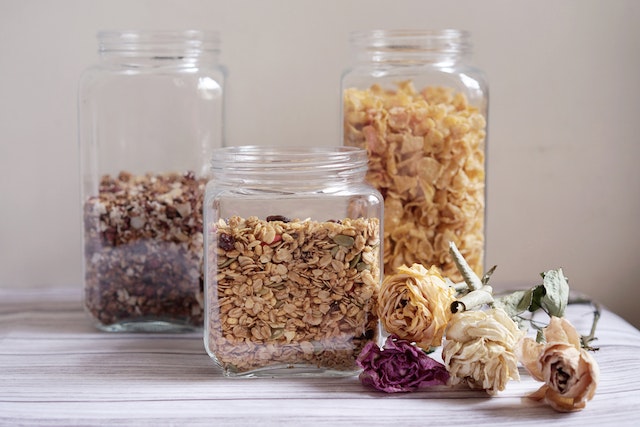Eating healthy foods can give a large variety of benefits both physically and mentally. They can help to sharpen the mind, give you more energy, and give other important boosts to everyday bodily functions. However, not many people consider eating healthy food to be a factor in improving eyesight. You might be surprised at how many normal foods we eat every day can contribute to better eyesight and eye health overall. Here are some of the best foods for eye health:
Fish
More specifically, salmon, fish is rich in fatty acids called Omega-3s. These contribute greatly to eye health by helping to improve visual development and retina health while even assisting in preventing dry eyes. It is recommended that one eats wild-caught options instead of farm-raised as wild-caught has more omega-3s and less saturated fat.
Eggs
An extremely versatile food, eggs contribute to eye health in more ways than one. The yolk alone contains potential eye boosters like Vitamin A, zinc, zeaxanthin, and lutein. Vitamin A helps to protect the surface of the eye, the cornea. Zinc helps with retina health while zeaxanthin and lutein help to prevent age-related eye conditions like cataracts.
Dairy
Many dairy products have the potential to aid in eye health. Products like yogurt and milk have Vitamin A, which adds protection to the cornea, and zinc, which can prevent conditions like cataracts and even aid in seeing at night! Grass-fed cows are recognized as being a source for more of these benefits so look for products that mention grass-fed on the label.
Dr. Barbara R. Edwards, Princeton Internist, practices at Penn Medicine Princeton Health in the Penn Medicine Princeton Medical Center. She is also the Academic Director for the Ambulatory Residency Program at Penn Medicine Princeton Health.






